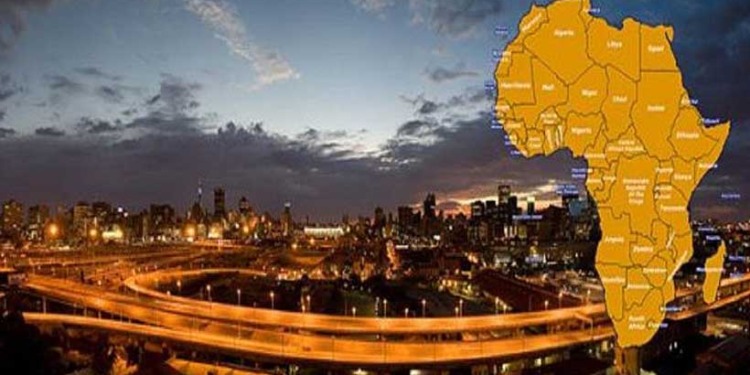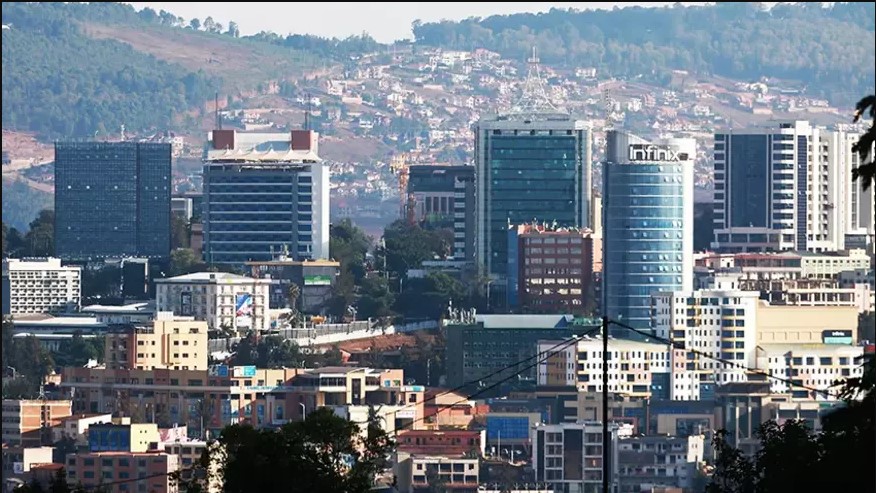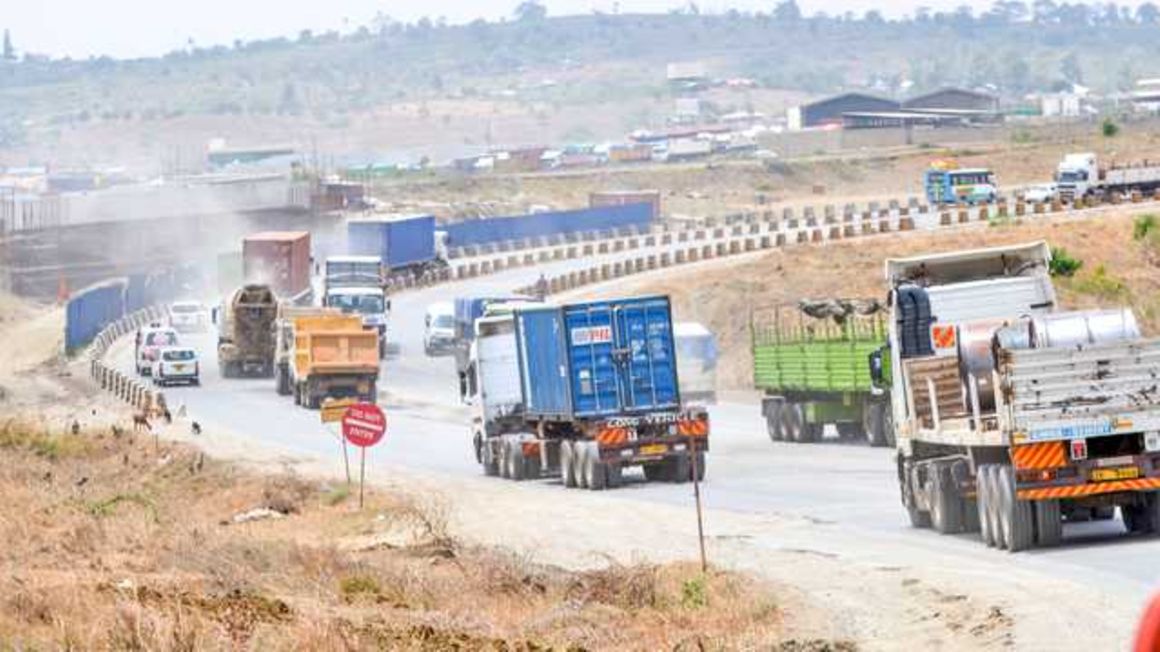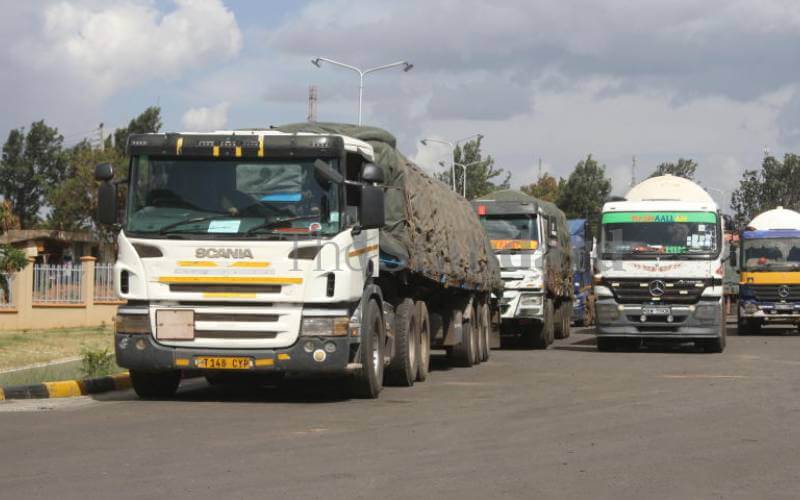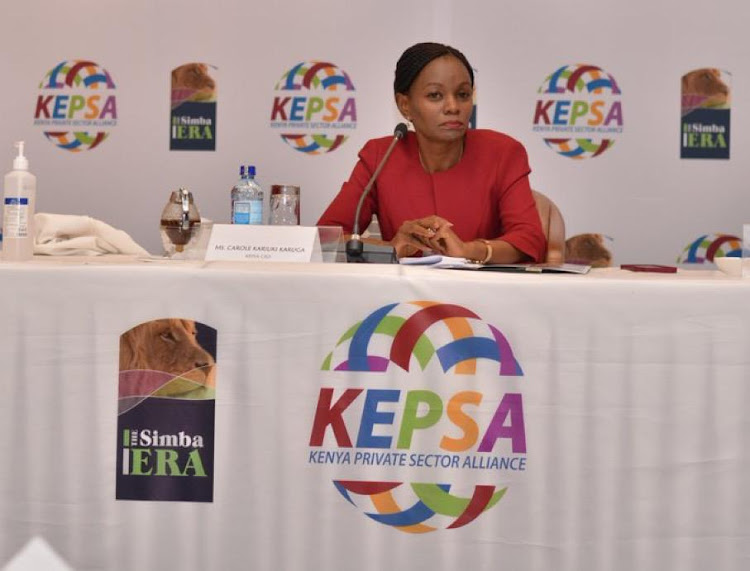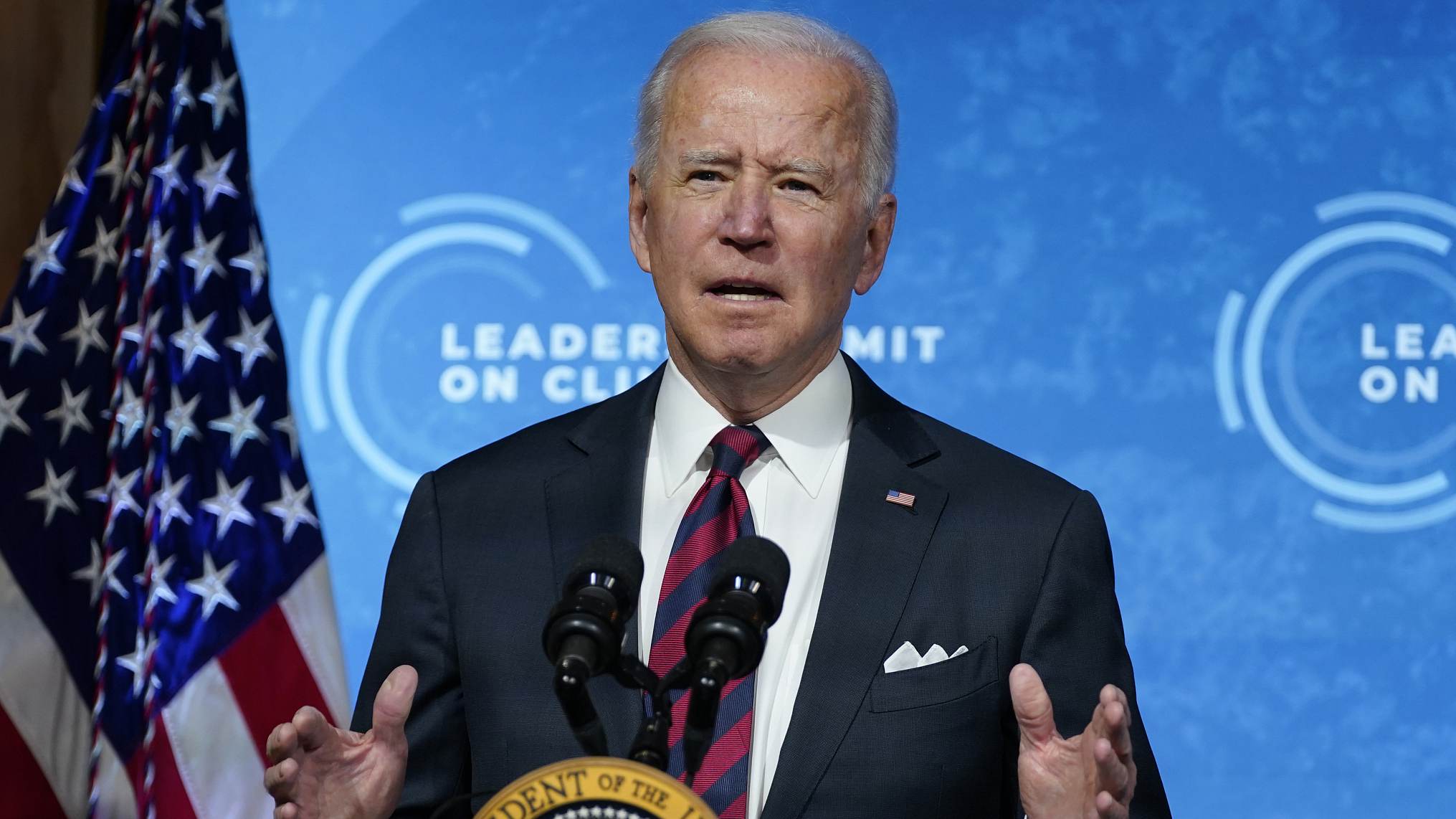The conversation about Investing in Africa is shifting from one of deficits and gaps to one about Opportunities, Prospects, Trends, Innovation and creativity, to the Companies and industries who have paid close attention to how business in Africa operates. Despite the effects of Covid-19 Africa remains the ripe land of opportunities and as the conversation about Investing in Africa is shifting from one of deficits and gaps to one about Opportunities, Prospects, Trends, Innovation and creativity, in the Companies and industries who have paid close attention to how business in Africa operates. Africa continues to be the newest destination for emerging market investors and according to Eric Osiakwan, the managing partner at Chanzo Capital, half of the world’s fastest-growing economies have been in Africa, with Ghana and Ethiopia among the countries which showed a real GDP growth of 8 percent in 2018. Photo/Courtesy In an interview with this reporter at the Social House hotel in Lavington area of Nairobi, Eric Osiakwan a renowned tech investor and entrepreneur says that Investors seek out emerging markets for the prospect of high returns, as they often experience faster economic growth as measured by GDP. However, along with higher returns usually comes much greater risk. “Investors’ risk in emerging market economies can include political instability, domestic infrastructure problems, currency volatility and illiquid equity, as many large companies may still be state-owned or private.” Eric said Obviously there are a number of reasons why Africa presents an incredible investment opportunity, according to Eric; “Africa is perhaps the most exciting investment destination...
How and Why startup Investment in Africa
Posted on: August 23, 2021
Posted on: August 23, 2021

